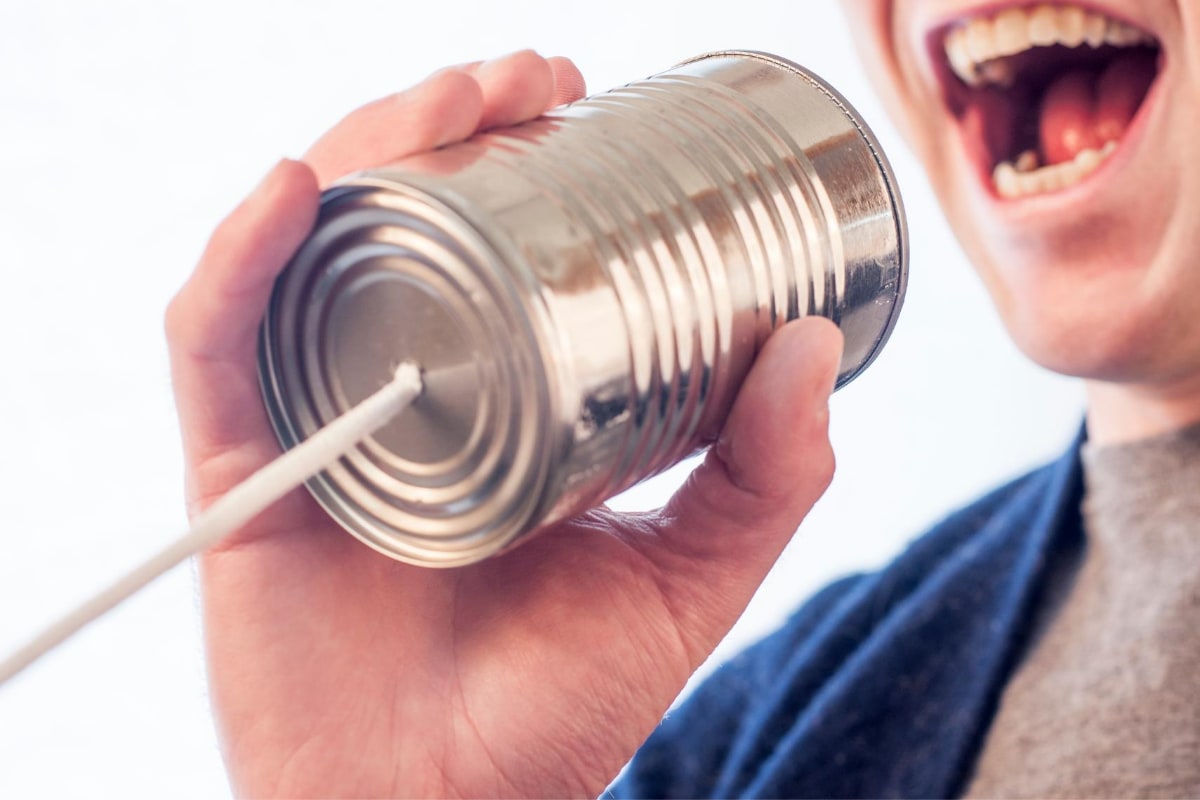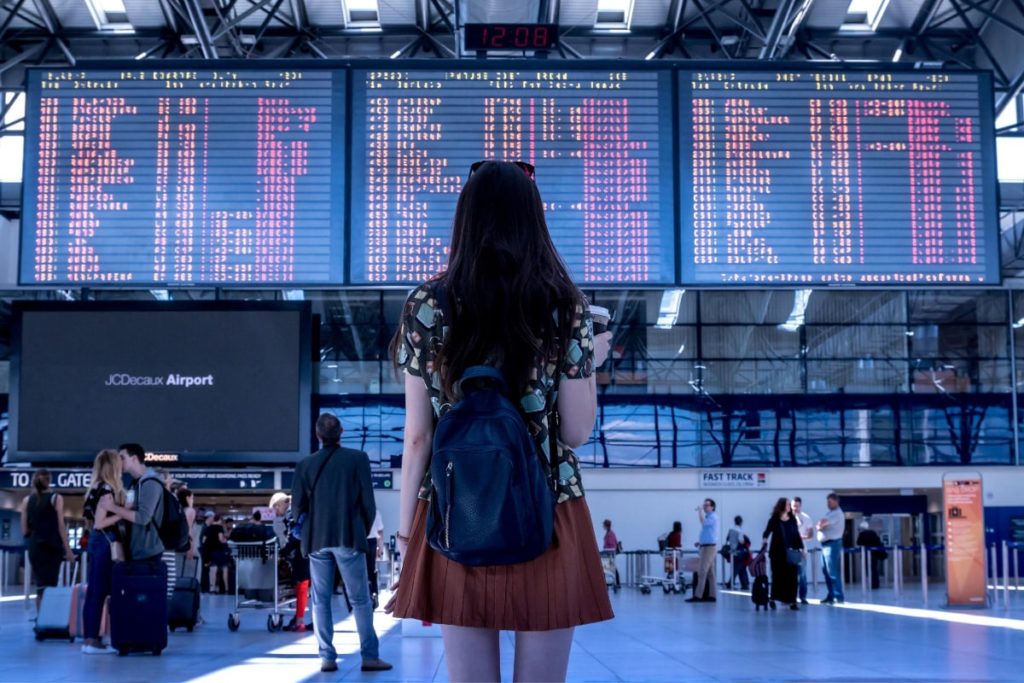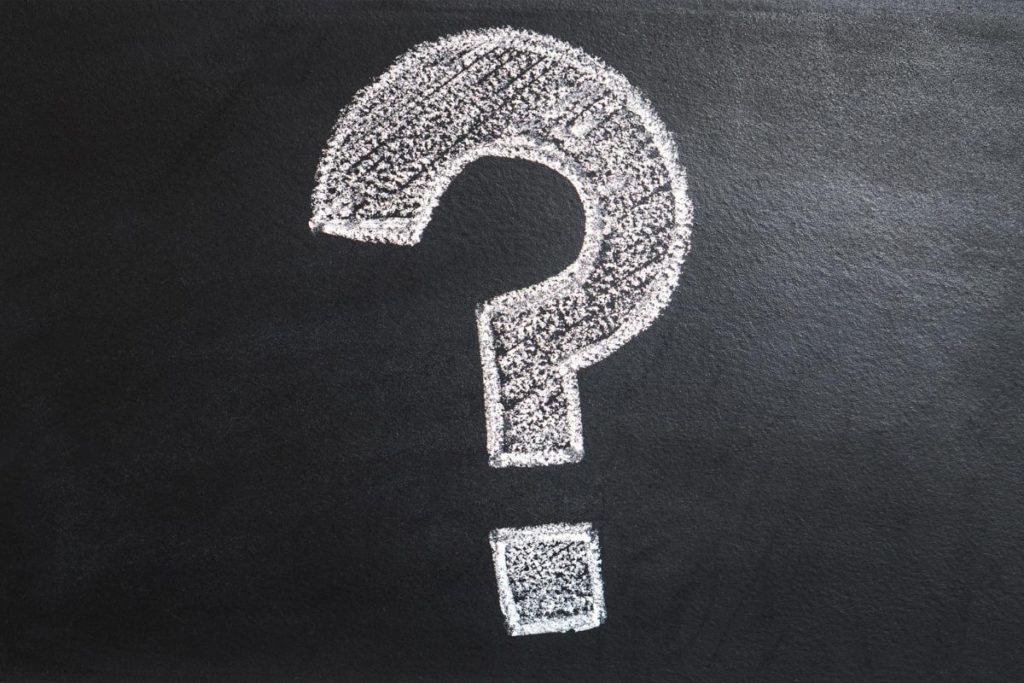Is social distancing causing delay in response time?

In Singapore, we refer to the lockdown as a circuit breaker (CB). CB entails a set of stringent preventive measures, including social distancing to curb with the effects of COVID-19 pandemic.
While I am not necessarily proud of it, I have been circuit breaking long before the circuit breaker is a thing. Not counting the years that I resumed some normality and went back to school to pursue my psychology studies since mid-2013, I had spent about six years before that living like a circuit breaker expert.
Working From Home (WFH) and Social Distancing
I was working from home, designing and making Amigurumi dolls and patterns, and other accessories such as customized wedding favour. During the six years, excluding the two to three overseas holidays each year, I was only out of the apartment once every few months. My craft business is an online business, and I communicate with customers and suppliers through textual communication such as convo-systems and emails.
Different Modes of Communication
The way we communicate with people can shape the way we respond physically. By physically, I mean the way we engage our facial expression and body language when communicating with people in real life. These additional expressions are seemingly redundant when we are only typing on our computers. For example, I am relaxing my facial expressions at this point when I am typing this post; whether I am expressing any emotional illustration is irrelevant. With textual communication, people may also start adopting a new set of communication behaviours, such as pausing. Right, something not everyone does in today’s rushed pace. For example, I am now going to take a short break from writing this post and go to the kitchen and add rock sugar to the pot of dessert that I cooked in the pressure cooker earlier. You would not have noticed that! Okay, I am back, after a 15 minutes interruption.
Compensatory Features
What do we do when we are unable to express our tone in the textual context?
Psychology of Association
That’s when “emojis,” “messenger reactions,” and emotive words such as “hahaha” come handy. Note that when we include these textual expressions in our communication, it is less likely that we will coordinate our facial expression with the typed expressions.
We are social animals, and we try to meet the social expectations set by society that form the social norms. By social, it means “performance” to another social being, aka person when being watched or observed in some ways. So, when we meet someone in person, we feel that they are evaluating our social skills, we will behave in a prescribed manner that the other person finds acceptable and understandable. Similarly, if we knew that our behaviours and reactions were being observed in any way such as in video recordings, we would act the same way that we would with a person in real life, even if we were alone.
Social norms are developed naturally and can include trending lingo and body language. It also requires constant updates to keep up with the evolving changes. If we stop meeting people, be it in video conferences or real life, our brains start to drop the unnecessary facial expressions and socially associated movements, especially that we can replace those features with textual phrases.
Anecdotal Encounters
So, I was saying that my previous work turned me to a leisure hermit, right? Let me share with you some of my puzzling encounters when I do leave the apartment to run errands after a considerably extended work-imposed lockdown.
Encounter 1 – Bank teller
I was at the bank and was greeted by an English speaking teller to assist me. She told me about the requirements of the bank for the specific business I needed assistance for my visit. It was not a question; I already told her what I needed. Then, she reiterated the same requirements she just said to me in English, only this time in Mandarin. I was quite puzzled. I thought to myself that perhaps my accent sounded a little strange, and she felt it would be easier to communicate with me in Mandarin. Being multilingual, Mandarin is one of the languages that I proudly bag in my language proficiency cabinet – I don’t have a cabinet for language proficiency. I responded in Mandarin. It went well for a while, then suddenly she switched to English again! What’s going on there?
Encounter 2 – Overly helpful airport staff
I was travelling to Denmark from Australia, with a few days stopover in Singapore. At the Singapore Changi Airport, I was verifying the flight details on the flight information display system (FIDS). An airport staff on a powered cart was headed towards me and stopped. He got off the cart and asked for my boarding pass and pointed at the FIDS and told me which gate to go for boarding. I was grateful, and responded with perhaps a weirdly half-bowed gesture and nodded my head as my way of expressing “thank you.” He left, got in the cart, and drove off. He stopped and came off the cart again, and came to me, again, only this time a little frustrated. He asked for my boarding pass again and wrote the gate number (which the check-in counter staff already did). I half-bowed again. He left, but this time, he waited in the cart to see me go. I just wanted to linger around the FIDS! I left and walked to the designated gate, profusely confused.
Encounter 3 – Post office
A couple of weeks ago, I went to the nearby post office to mail parcels to the fiancé in America. We are still in the circuit breaker, whereby we are not to leave our homes except for brief essential errands. Postal service was an essential errand, and I headed back home right after I finished the chore. There were strict protocols of temperature taking and “SafeEntry” check-in when entering the post office, and check-out when leaving the post office. Safe distancing markings were seen on the floor leading the queue to the available counters. The post office manager directed me to a spot to wait for my turn. At the counter, I handed over two parcels. The staff communicated in English at first, and then in Mandarin, and then back to English. This event seemed oddly familiar! (Refer to Encounter 1 – Bank Teller!)
What happened there?
So, what actually happened there? Did I speak both English and Mandarin so poorly that the bank teller and post office staff had to choose the least bad option? Or, could it be my dissociation from the social norms in communication? Even when someone is not asking a question, they actually may be expecting a reaction or acknowledgement, which in my world of textual transmission, it’s omittable.
In the case of the bank teller, she was probably expecting me to say something after she explained to me the requirements, which in my defence, I already knew before I headed to the bank – sure, she may not know that I knew. I may have acknowledged with an inaudible “hmm” sound. She might then thought that I couldn’t understand English, so she tried Mandarin, which yielded the same response. I suspect that was what happened at the post office too. It occurred to me many times on different occasions.
In hindsight, what happened at the airport could also be related to my failing in meeting the social expectation in responding adequately and appropriately in that prescribed situation. It’s like there is a secret manual of social communication rules that someone persistently steals from me! The airport staff didn’t receive the right response from me, so when he saw me lingering around the FIDS, he thought I didn’t understand his directions, so he returned to help me one more time. My “inaccurate” body language response puzzled him to thinking that perhaps I was a foreigner who didn’t understand English. He waited around the second time, most likely out of the kindness in ensuring that I got the help I needed. I wondered if I would have earned a free cart-ride to the gate if I lingered around longer!
What happened could be that I have lost touch with the conventional interpretation of facial expressions and body language in real-life settings, and that created a broken bridge to communication with another person. You see, social skills are like an operating system that needs to be upgraded and updated from time to time. It’s like I have stopped updating my MacBook since OS X Mavericks. At the same time, the world around me continues to evolve. It is running on macOS Catalina – by which, my Macbook just notified me that macOS Catalina 10.15.5 is available for an update! I am still running old software that the current system no longer supports.
Similarly, they require some actions from me that I don’t yet have in the old OS. When I display an expressionless face, it could mean that I understand, and please proceed. Whereas, the other person would interpret my non-expression as being confused or failing to comprehend the instruction.
All is not lost
We learn and adapt quickly. We are a very resilient high functioning species! We focus on what makes us more efficient and productive and dump what is redundant. Pruning is part of our human development. Neural pruning begins right from the beginning when neurons, synapses, and axons that form the neural connections get cut away when they are no longer useful. Likewise, any skill that is deemed unuseful can potentially get pruned or become dormant. All is not lost, as we can recover and relearn the lost social skills – especially that social skills tend to develop and evolve.
Relearning social skills
There is no other way to rehone social skills than connecting with another social being again, perhaps over video chatting apps in our current pandemic predicament. We do need a feedback system such as audio or visual feedback to reference and coordinate our responses. When we start resuming to some pre-COVID19 activities and haven’t been seeing people much during the CB, we may want to increase our mindfulness based on the knowledge that our social skills might be blunt and rusty. As a social being, we developed the Theory of Mind (ToM) (understanding beliefs, intents, and emotions of others that are different from ours) from a young age to gain insights into the perspectives of others. This skill is necessary for effective communication to happen. Knowing what confuses and enlightens others, we can react and respond in ways that answer the unasked questions. We need to remember that we need to either verbally or physically (through facial expression or body language) express our thoughts, such as telling people that we need more time to think about the question.
For example, would you have known that it’s been two days since I mentioned earlier that I was pausing the blog-writing to add sugar to the pot of dessert? Imagine that I just don’t say anything in real life for two days about the progress of the task and go about doing other things while you wait. That would be bizarre.
I think that the broken communication is not solely one person’s responsibility. Mutual understanding and forgiveness can mitigate many unnecessary misunderstandings that can lead to disputes. We set unfair expectations for people that we assume to know the current social-communicative status. Yet, we forgive the foreigners that we meet because we make allowance for cultural differences. What if, a social-cultural difference exists within the borders of a country? What if the difference is between personality types, like introverts and extroverts? What if the difference is between job specializations, like IT experts and customer service?
The problem is that the current default position when meeting people is the assumption of the same. Perhaps the default position should have been to assume we are all different. You may relate better when thinking back about the times when you travelled to another country that has significantly different cultural backgrounds than yours. Mutually, we, the travellers, and they, the hosts, were more forgiving of the social blunders because we assumed any difference between us had been a cultural difference. We laughed at the difference and thought, “I learn something new today!”.
Given the current pandemic, we could aim to be kinder and gentler to people than we used to.
- Growing ChatGPT AI Generated Content Everywhere, Should We Be Fearful? - January 14, 2023
- How To Spot A Manipulative Partner Early And Avoid Incompatible Relationships? - January 8, 2023
- Sustaining Admiration Leads to Lasting Love - May 5, 2022



